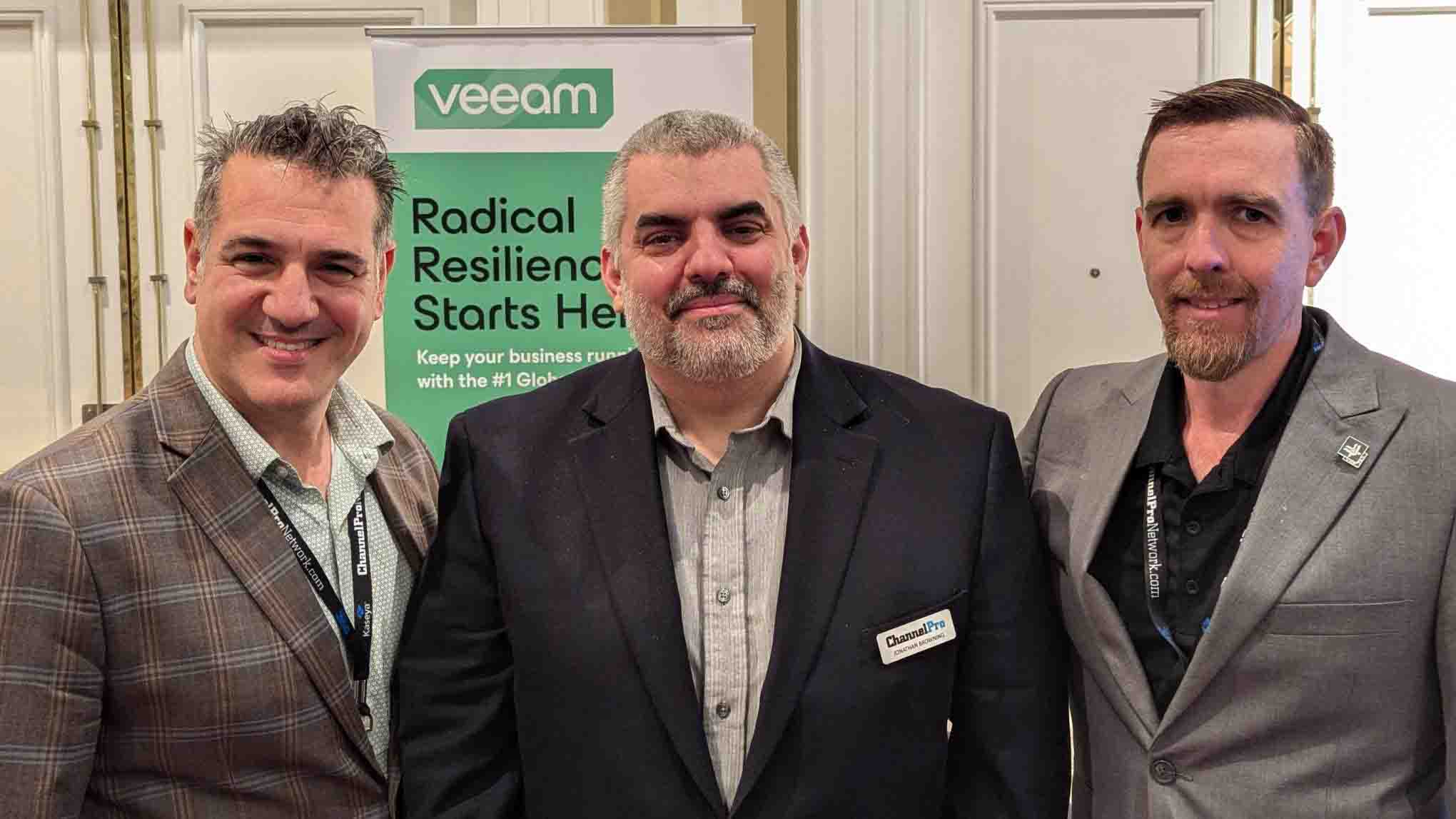Software development has come a long way from the days of “it compiles, ship it!” Today’s software teams need to deliver more business value faster than ever—in an environment where the pace of change is accelerating. And while change can mean faster hardware, better security, and more features, it can also come at a cost: new vulnerabilities are discovered every day and seemingly innocuous updates can cause applications to break.
DevOps has learned a lot from manufacturing. The best time to catch and fix a problem is as early and automatically as possible. In software, a similar culture of continuous improvement is essential, along with new tools to automate best practices, like continuous integration and continuous delivery (CI/CD).
Many organizations have embraced CI/CD, but the engineering cost and complexity of operating and maintaining secure and reliable CI/CD infrastructure is high. Incorporating best practices takes time. These are resources better spent writing software. That’s why we introduced†Cloud Build, a fully-managed CI/CD platform that lets you build and test applications in the cloud–at scale.
“We found Cloud Build to be feature rich yet also easy to learn and use. We use its parallelization and caching capabilities to speed up our container builds, and leverage its container analysis API to bless our images. Its reliability has allowed us to focus our attention on other areas.”
– Riley Shott, Production Engineer at Shopify
In creating Cloud Build we worked with and listened to you, software developers from every walk of life, on teams of every size. We also spent time understanding what helped our own internal engineering teams be productive. Three things consistently stood out.
Scalability:†No build is ever too quick. No test suite runs too fast. As a project grows over time and new developers join the team, your CI/CD system must keep up. Built on top of Google’s cloud infrastructure, with a range of CPU sizes available and pay-for-what-you-use pricing, Cloud Build can grow with your organization.
Flexibility:†Software development is an increasingly complex web of ever-changing frameworks, dependencies, services, languages, and tools. Your applications are deployed across multiple clouds, on-premise resources and mobile app stores. To support your development needs, Cloud Build works with major source repositories like GitHub, GitLab,†Cloud Source Repositories, and BitBucket. It also features built-in support for Docker, Maven, Gradle, Bazel, Go, and npm. An†ecosystem†of add-ons and the ability to bring your own tasks and toolchains as containers makes integrating into your existing developer workflow easy. You can use Cloud Build for hybrid scenarios with VPC networking and custom workers (in alpha).
Security:†Security isn’t just for runtimes, it’s a†full lifecycle problem†that extends into every tool and pipeline you use. Cloud Build uses GCP’s world-class security and policy controls so you have control and visibility of your source and build. Cloud Build runs every build on its own VM, which reduces the risk of information leaking between builds or build errors caused by inconsistent build environments. Vulnerability scanning automatically finds known vulnerabilities in your container images (in alpha for Ubuntu, Debian, and Alpine).
As†Rob Pike†describes it, “Software engineering is what happens to programming when you add time and other programmers.” Striking a balance between time, quality, velocity, and security is hard—but not insurmountable. The key to this balance is trust. When you can trust your tools as a safety net and your culture as a compass it’s much easier to take risks and move fast.†Cloud Build†makes high-velocity software development safer and easier, and unleashes your team’s productivity.












